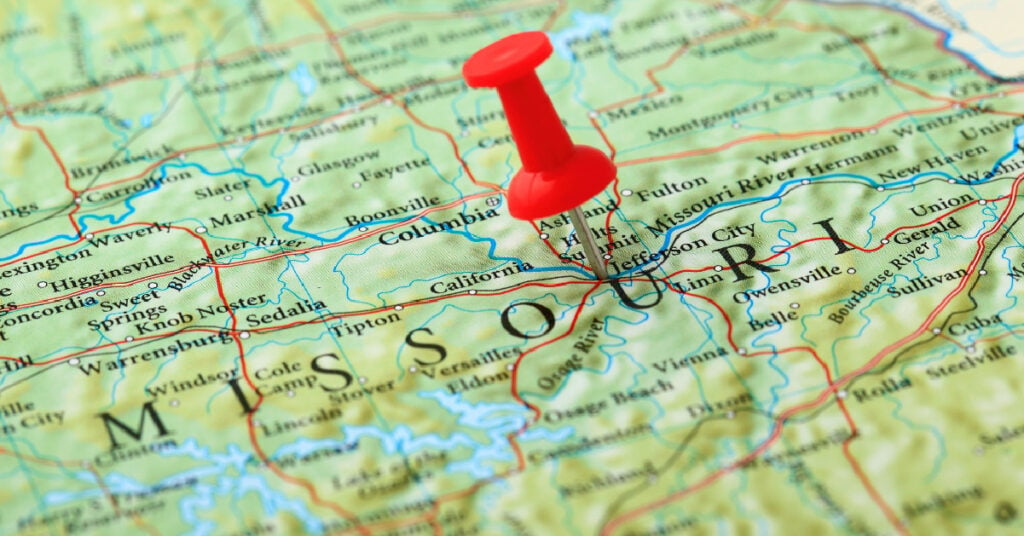In the wake of the U.S. Supreme Court’s recent Wayfair decision authorizing states to collect taxes owed on online sales, Utah lawmakers held a one-day special session that included (among other tax topics) legislation to ensure the state will be ready to collect those taxes, and a Nebraska lawmaker began pushing for a special session for the same reason. Voters in Colorado and Montana got more clarity on tax-related items they’ll see on the ballot in November. And Massachusetts moves closer toward becoming the final state to enact a budget for the new fiscal year that started July 1 in most states.
— Meg Wiehe, ITEP Deputy Director, @megwiehe
Major State Tax Proposals/Developments:
- Utah lawmakers held a one-day special session this week. Tax actions included the reintroduction of a proposal to adopt a state Earned Income Tax Credit (EITC) (which failed to advance), the passage of $30 million in child tax credits aimed to offset tax increases on larger families due to federal tax changes, and passage of legislation requiring the collection of sales and use taxes from online purchases.
- In Colorado an initiative to raise $1.6 billion in new funding for public education is one step closer to the ballot after advocates submitted signatures this week.
- Montana voters will get to decide in November whether to increases tobacco taxes by $2 per pack to continue to fund Medicaid expansion in the state.
- Pennsylvania’s Supreme Court has upheld Philadelphia’s tax on soda and other sweetened drinks. The ruling found that the tax, aimed at distributors and dealers, does not duplicate other existing taxes.
- Weeks into the start of their fiscal year, Massachusetts legislators agreed upon a permanent state budget. The proposal increases that state’s EITC to 30 percent (up from its current 23 percent) of the federal credit and makes a deposit into the state’s rainy day fund. The plan now heads to Gov. Charlie Baker for consideration.
- Maine legislators have taken a recess from their special session and are expected to return next week. Key issues, such as federal tax conformity and Clean Election funding, are hanging in the balance.
Further State Fiscal News:
- Louisiana can no longer boast the nation’s highest average sales tax rate, but its sales tax systems continues to rank among the most complicated and ripe for reform. Another change to the state’s sales tax system? No more sales tax holidays.
- A District of Columbia lawmaker has proposed altering the district’s new tax on ride-hailing services like Uber and Lyft to distinguish between single riders and shared rides (like Uber Pool and Lyft Line), taxing the latter at a lower rate to encourage lower pollution and congestion.
- New Missouri Mike Parson signed into law yet another income tax cut on the same day the State Treasurer announced the state had hit an arbitrary tax-cut trigger put in place in 2014, so both cuts will occur simultaneously and the top rate will go down to 5.4 percent in 2019.
- A Nebraska legislator is asking for a special session to make sure the state is prepared to collect online sales taxes as soon as possible in the wake of the Supreme Court decision empowering states to collect such taxes, rather than wait until next year’s session and miss out on an estimated $30 – $40 million of revenue in the meantime.
- In state revenue news: Idaho closed its fiscal year with a modest surplus despite low June collections; Indiana ended the year with a healthy reserve but experienced its second year in a row of declining revenue from the corporate income tax; in Texas, the revenue estimate for the current two-year budget cycle just increased $2.8 billion due to higher oil prices and economic growth; and Virginia is one of multiple states that brought in more revenue than expected in the just-ended fiscal year but is chalking most of it up to tax maneuvering in response to the federal tax-cut bill.
What We’re Reading…
- In an opinion piece, Ohio Policy Matters’ Zach Schiller makes the case for a rebalanced tax system in the Buckeye State.
- Brookings is out with a new report examining another cost of Kansas‘s infamous state tax cuts—increases to the borrowing costs of municipalities.
- The Center on Budget and Policy Priorities’ new report highlights the impact of limits on local property taxes on the provision of local services, making the case for relaxation or repeal of these limits.
- The New York Times reports that four states – Connecticut, Maryland, New Jersey, and New York – have filed suit against the federal government over the recent tax-cut bill that they argue unfairly and unconstitutionally targets their states. Most legal experts expect the effort to fail in the courts.
If you like what you are seeing in the Rundown (or even if you don’t) please send any feedback or tips for future posts to Meg Wiehe at [email protected]. Click here to sign up to receive the Rundown via email.




